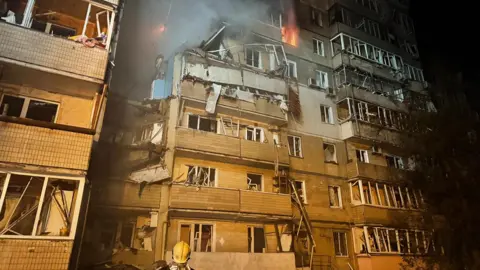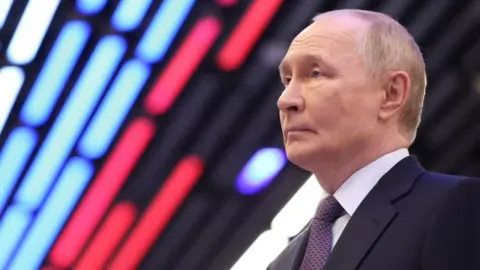Police investigations revealed that the group, arrested before executing their plan, had previously committed arson against a Ukrainian-owned warehouse in East London. The head of the Metropolitan Police's Counter Terrorism Command highlighted the severity of the incidents as a form of proxy warfare originating from Russian state actors utilizing local criminals for sabotage.
The trial culminated in the conviction of several gang members for their acts of arson and failure to report the malicious plans against Chichvarkin. The implications of this case underscore a disturbing trend of state-sponsored threats within the UK, a signal of growing foreign influence and hostility faced by critics of regimes abroad.
The convictions serve as a stark reminder of the lengths to which political adversaries may go, even resorting to violence to suppress dissent overseas. The case not only spotlights individual acts of criminality but also raises serious concerns about national security and the safety of those standing against authoritarian regimes.
As global tensions rise, this incident illustrates the necessity for vigilance and cooperation in counteracting foreign threats within the realm of public safety and counter-terrorism efforts.
This alarming intersection of crime and international espionage represents a troubling new dynamics in geopolitical conflicts, urging a strong response to protect vulnerable individuals targeted for their beliefs and actions against oppressive regimes.
The trial culminated in the conviction of several gang members for their acts of arson and failure to report the malicious plans against Chichvarkin. The implications of this case underscore a disturbing trend of state-sponsored threats within the UK, a signal of growing foreign influence and hostility faced by critics of regimes abroad.
The convictions serve as a stark reminder of the lengths to which political adversaries may go, even resorting to violence to suppress dissent overseas. The case not only spotlights individual acts of criminality but also raises serious concerns about national security and the safety of those standing against authoritarian regimes.
As global tensions rise, this incident illustrates the necessity for vigilance and cooperation in counteracting foreign threats within the realm of public safety and counter-terrorism efforts.
This alarming intersection of crime and international espionage represents a troubling new dynamics in geopolitical conflicts, urging a strong response to protect vulnerable individuals targeted for their beliefs and actions against oppressive regimes.






















